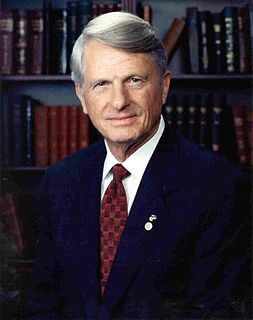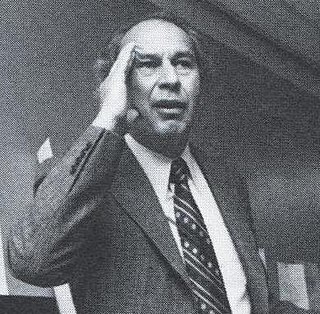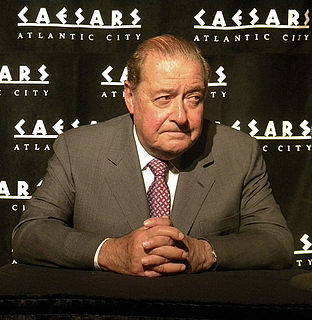A Quote by James McBride
We don't know who John Brown was, and in many ways, his work shaped where we are today. He was a Pennsylvanian. He was the prototypical Yankee who fought back and suffered in doing so.
Related Quotes
In his 16 years in the Senate, John Kerry has fought against government waste and worked hard to bring some accountability to Washington. Early in his Senate career in 1986, John signed on to the Gramm-Rudman-Hollings Deficit Reduction Bill, and he fought for balanced budgets before it was considered politically correct for Democrats to do so. John has worked to strengthen our military, reform public education, boost the economy and protect the environment.
I talk to all the creative directors today, and they take me aside, and they say, 'You know, it must have been great back in those days when you could do anything you wanted.' I say, 'Huh? Excuse me?' I mean, we fought. In the '60s and '70s, you fought wars with clients, and you have to continue fighting wars to do great work.
One of the songs that stayed in my head that I really considered a lot was an old folk song called 'John Brown' - not the abolitionist John Brown, but the one that Bob Dylan has covered and sung before. It's about a boy coming home from the Civil War, or maybe World War I even, and about his Mother seeing him all destroyed.



































